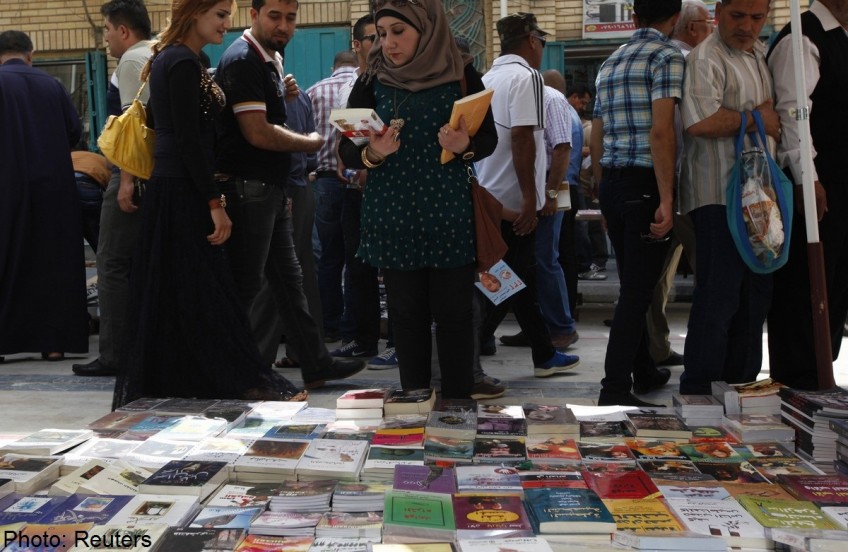Iraq authorises 3G for mobile firms


BAGHDAD - Iraq's cabinet announced Monday it has authorised mobile phone firms to use third-generation frequencies, after years of promises amid the frustrated pleas of cellular operators.
It was not immediately clear how 3G would be licensed or sold, and a cabinet statement did not elaborate on when any such decision would be fully implemented.
"The General Secretariat of the Council of Ministers announces the approval of granting mobile phone companies working in Iraq the right to use third-generation frequencies," a cabinet statement said.
"The purpose of this... is to provide services with high quality." Iraq's three major mobile phone operators have for years complained that the government has not moved fast enough to allow upgrades to the country's cellular services, which still use second-generation technology.
Older 2G technology allows mobile phones to make and receive calls and text messages and browse basic websites, but 3G dramatically increases the capacity, or bandwidth, of a network, allowing users to browse more complicated websites faster.
While mobile phones in much of the Western world and several countries in Asia and the Middle East largely operate on 3G technology, some countries have moved on to even faster 4G wireless standards.
These allow customers to download still larger files and view videos on demand, all at varying fees.
With 3G-capable phones able to handle data and applications, popularised first by Apple's iPhone and increasingly in use by so-called "smart phones", mobile operators are able to charge for a wider array of services than simply calls and text messages.
In Iraq, however, users have been stuck on 2G networks, despite mobile penetration being relatively high at above 70 per cent.
Customers can choose primarily between Zain, the Iraqi arm of the Kuwaiti operator of the same name, Asiacell, which is majority-owned by Qatar Telecom, and Korek.
Spokespeople for the three firms and the communications ministry did not immediately respond to AFP requests for comment.